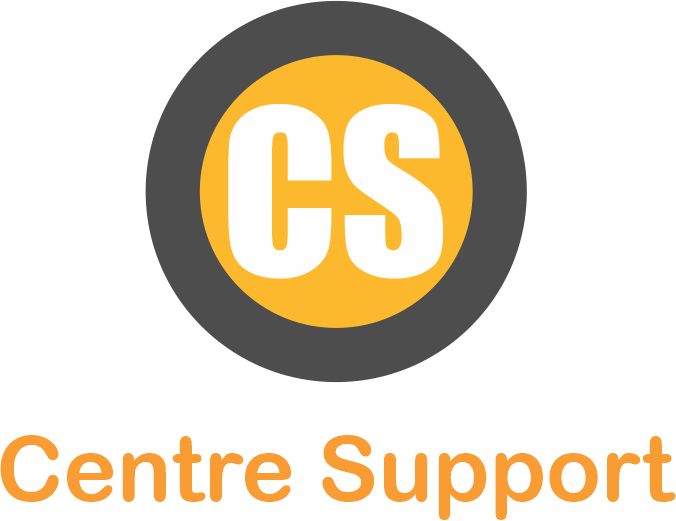
What are adult learning principles
- Posted by Matthew Stapleton
- Categories Blog
- Date September 4, 2020
- Comments 0 comment
For Educational Leaders to be effective they need to know how to teach their educators.
Malcolm Knowles (1913 – 1997) was one of the first people to look at the different ways adults learn, and he wrote the first major accounts of the history of adult education including informal adult education. He developed five learning principle for adults, and this has now been extended to six principles. They are:
Principle #1: Adults are internally motivated and self-directed
Adult learners will resist learning when they feel others are imposing information, ideas or actions on them. Adults need to be free to direct themselves. Educational Leaders must actively involve educators in the learning process and serve as facilitators rather than direct teachers. They must guide participants rather than supply them with facts. They must get participants’ perspectives and give them the flexibility to work on projects that reflect their interests.
Principle #2: Adults need to draw upon their own life experiences and knowledge
Adults have accumulated a wealth of life experiences and knowledge—from school, work and family life—that can be a resource for their own learning as well as the learning of others. Educational Leaders must value this experience and help adults connect it to the theories and concepts they are introducing. Educational Leaders should encourage collaboration and idea-sharing among other educators.
Principle #3: Adults are goal oriented
Adults appreciate learning when it is tied to specific professional or personal goals. They desire well-organised experiences that will help them reach their goals. Educational Leaders should identify learning objectives, follow clear agendas, and show educators how the activities are helping them to achieve their goals.
Principle #4: Adults are relevancy oriented
Adults must be able to see how learning connects to their work. Educational Leaders should become familiar with the EYLF/MTOP and be able to facilitate appropriate connections. They should demonstrate how the theory and content of the EYLF/MTOP relates to educators’ work.
Principle #5: Adults are practical
Adults will want to focus on those aspects of the EYLF/MTOP that will help them solve problems in their work. They like hands-on exercises that simulate real-world situations. Educational Leaders must design concrete learning activities and assist educators in seeing explicitly how the information will be useful to them on the job.
Principle #6: Adults need to be shown respect
Adults need to be given a strong voice during learning. Educational Leaders should establish a learning atmosphere within the service where adults are treated as equals and encouraged to share their opinions, experiences and knowledge.
Tag:learning
